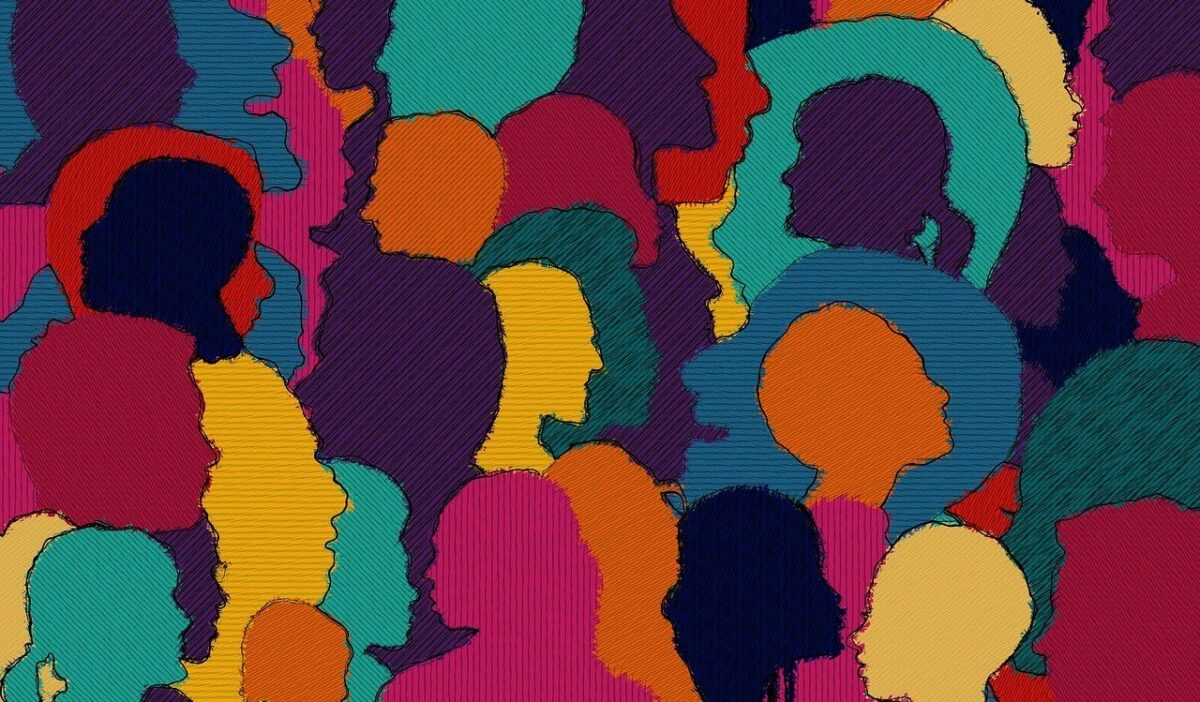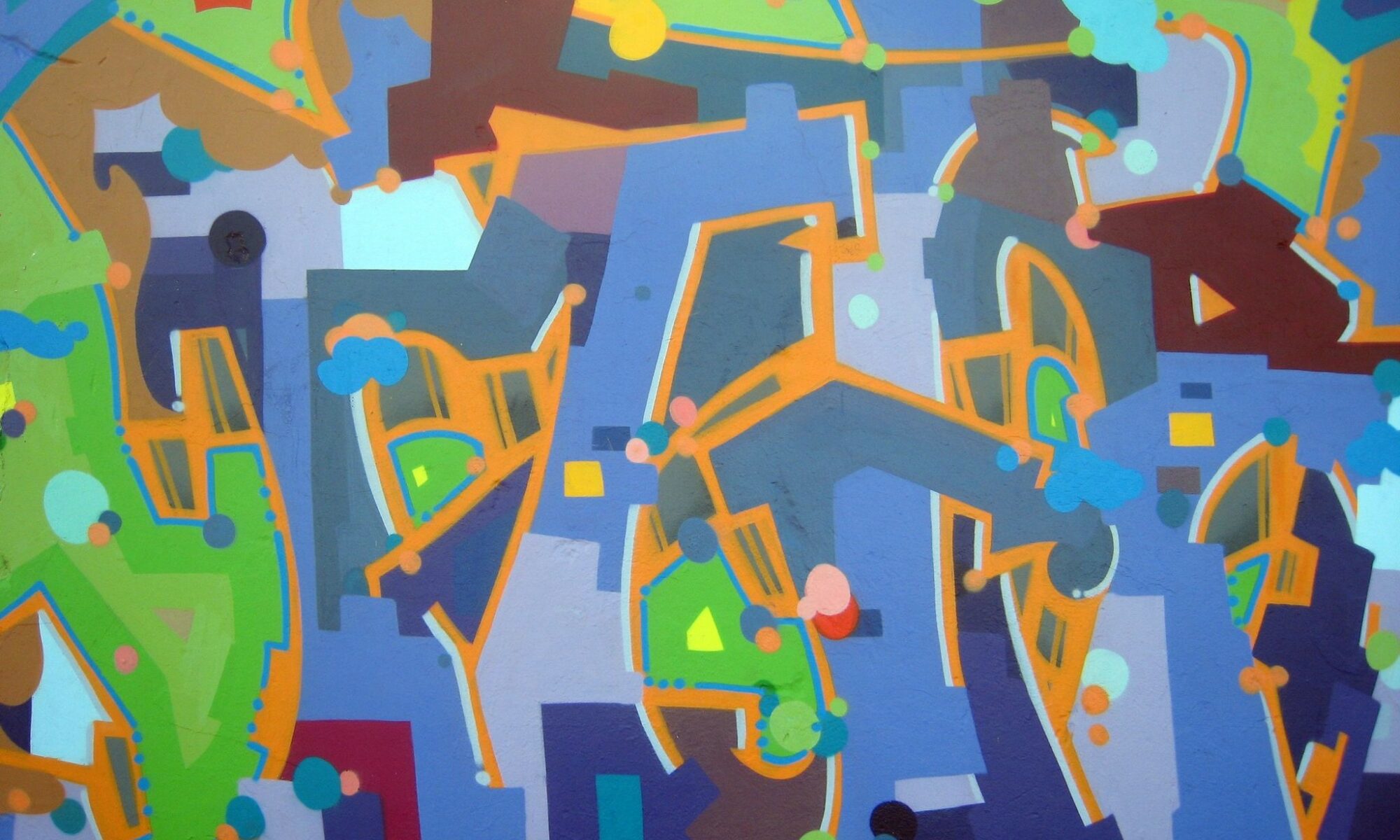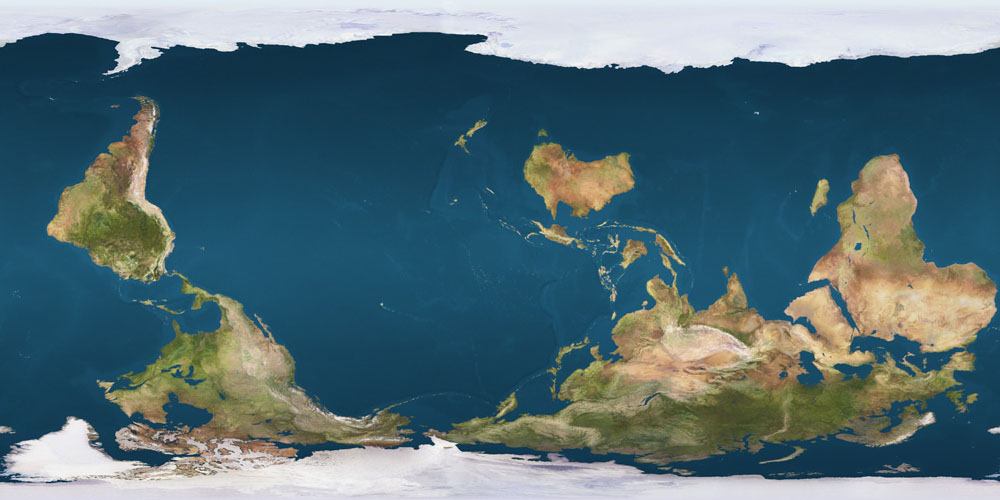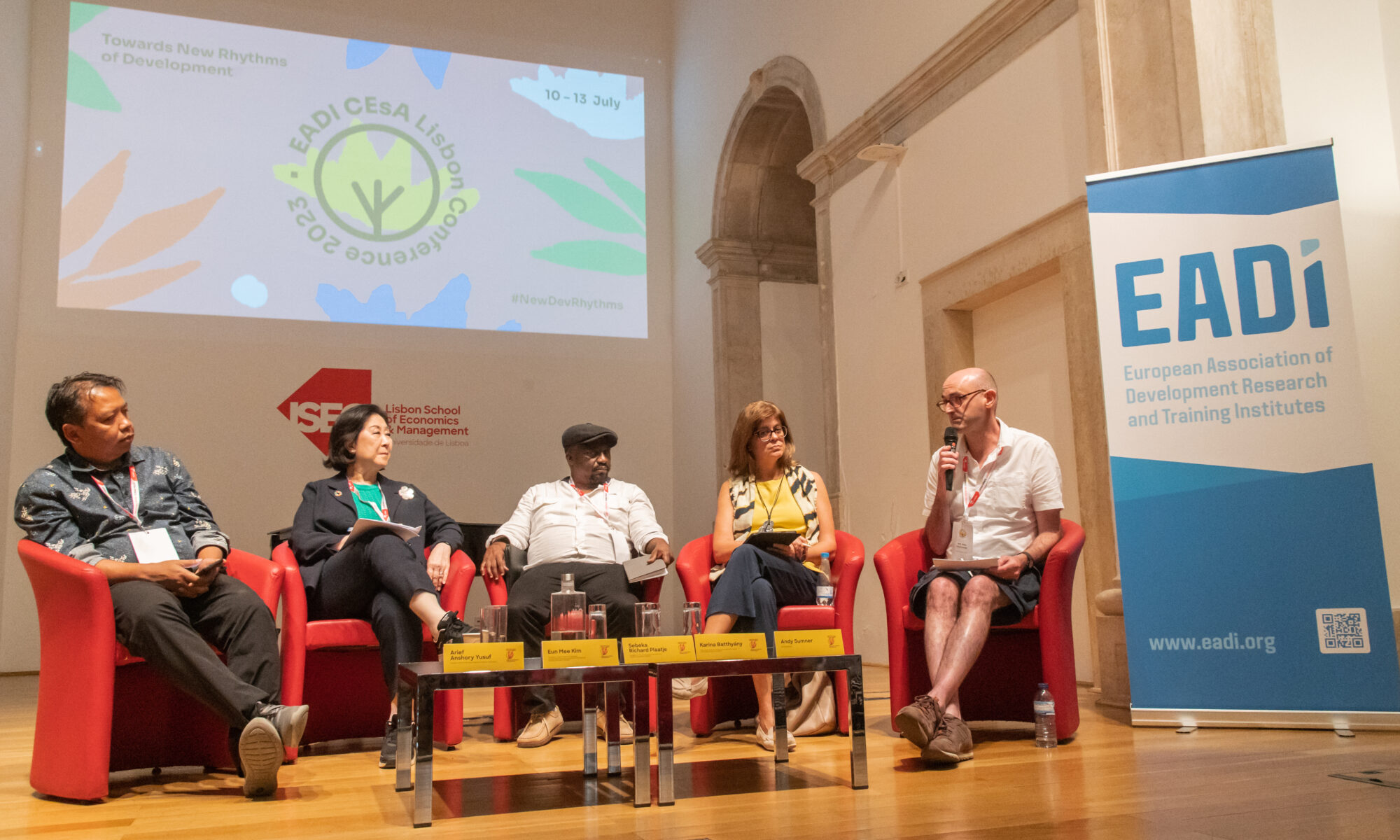By Peter Taylor
A moment to reflect
Anniversaries are times to celebrate, and also opportunities to reflect on the past, the present, and the future. As we enter 2024 and see EADI’s 50th anniversary coming into view, we are taking a moment for reflection amidst what is increasingly viewed as a time of crisis in development and in Development Studies itself, particularly in regard to coloniality and how it manifests today in multiple ways. These are not new reflections, and they have featured in many other conversations and blogs, including within EADI.
Continue reading “Reflections on Decolonising Knowledge for Development: An invitation to a conversation”




